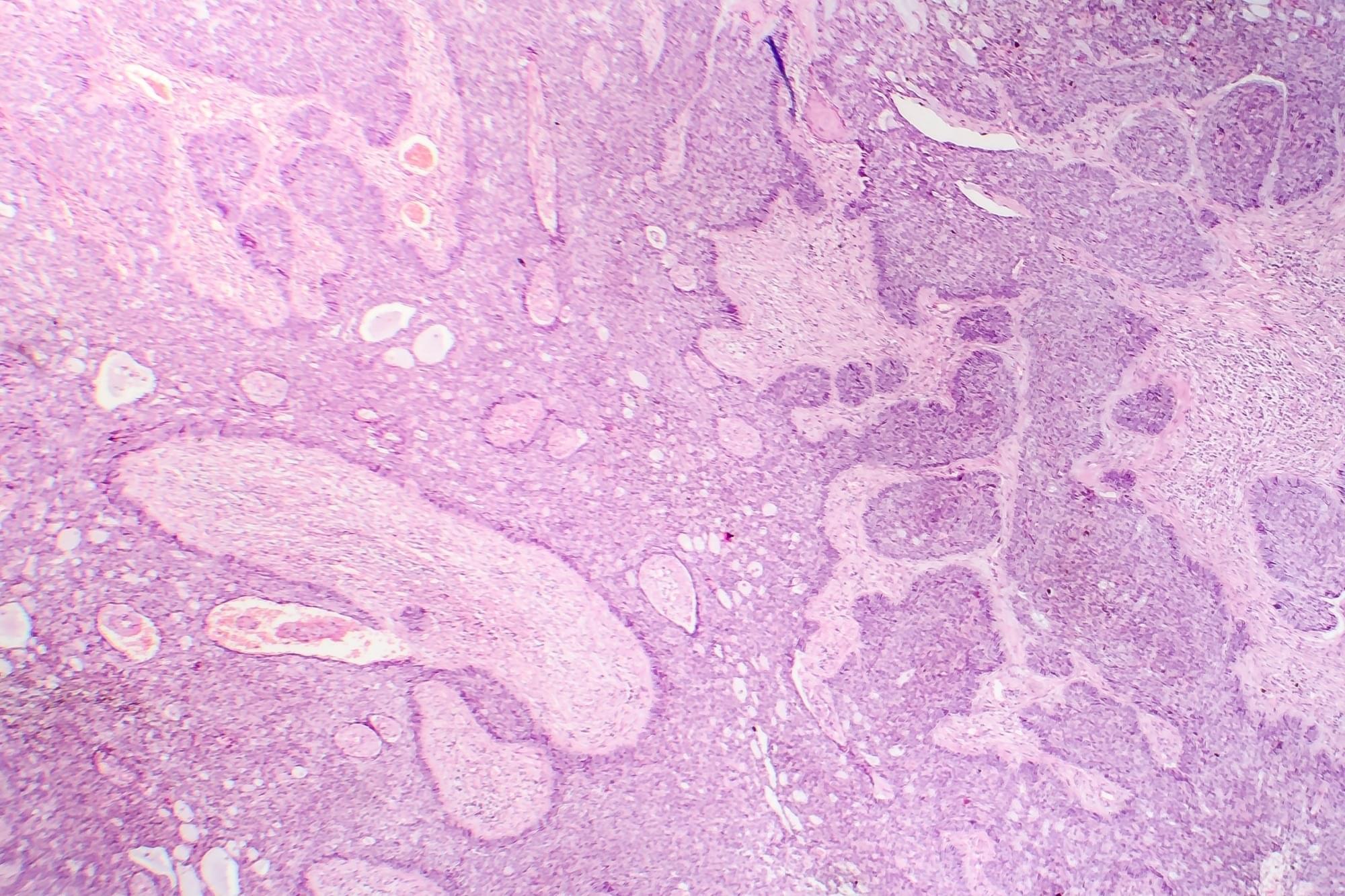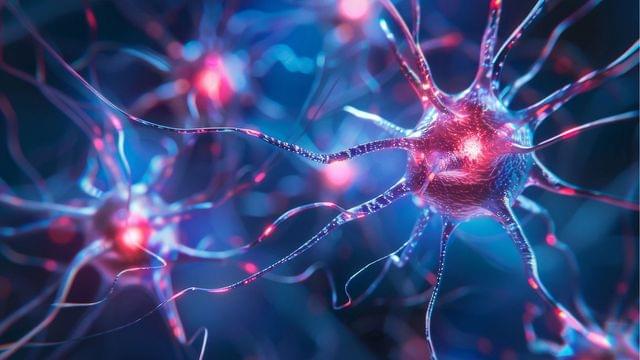With all the AI hype swirling around, you’d think someone would’ve cracked this one already.



In today’s AI news, for those who were thinking Meta Platforms Inc. might back down from its heavy-spending ways in the wake of the DeepSeek news, think again. On the earnings call, Zuckerberg spoke of “the hundreds of billions of dollars” Meta will invest in AI infrastructure over the long term.
S ChatGPT and the newly ascending DeepSeek. “Qwen 2.5-Max outperforms… almost across the board GPT-4o, DeepSeek-V3 and Llama-3.1-405B,” Alibaba Meanwhile, amid the market turbulence and breathless headlines, Dario Amodei, co-founder of Anthropic and one of the pioneering researchers behind today’s large language models, published a detailed analysis that offers a more nuanced perspective on DeepSeek’s achievements.
And, Microsoft is bringing Chinese AI company DeepSeek’s R1 model to its Azure AI Foundry platform and GitHub. The R1 model is now part of a model catalog on Azure AI Foundry and GitHub — allowing Microsoft’s customers to integrate it into their AI applications.
In videos, Reid Hoffman is the co-founder of LinkedIn, a legendary Silicon Valley investor, and author of the new book Superagency: What Could Possibly Go Right with Our AI Future. Hoffman joins Big Technology Podcast to discuss his optimistic case for AI, the massive investments flooding into the field, and whether they can pay off.
And, in the new episode of Moonshots, Emad Mostaque, Salim Ismail, and Peter Diamandis discuss recent DeepSeek news, the China vs. USA AI race, and more. Emad is the founder of Intelligent Internet and former CEO of Stability AI. Salim is a serial entrepreneur and strategist well known for his expertise in exponential organizations.
Then, reverse the diffusion process, and unlock the secrets of AI-generated images. Isaac Ke explores how to harness the power of diffusion models to create stunning, high-quality images from text prompts. From text-to-image generation to image-to-image editing, learn how diffusion models are being applied in various fields.
We close out with, Nate B. Jones sharing the strategy behind DeepSeek strategically launching free AI products to disrupt OpenAI’s dominance, including an Operator clone, voice AI, and a likely Sora competitor. This aggressive move threatens OpenAI’s paid model and forces competitors to rethink pricing.

Is the universe infinite, Aristotle asked in 350 BCE, “or is this an impossibility? The decision … is … all-important to our search for the truth.” The Greek philosopher opined that “the heavens” (meaning the moon, planets, sun and other stars) travel around the Earth in circles, and that a “body which moves in a circle is not endless or infinite, but has its limit.” Moreover, he assumed that Earth sits at the center of the universe. In that case, the universe must be finite, Aristotle reasoned, for otherwise it could not have a center. With that, he’d apparently resolved an issue that had confounded both his predecessors and his contemporaries.
Circular as Aristotle’s logic was, his conclusion could still be correct. More than two millennia later, we still can’t be sure if the universe is finite or infinite. The universe could be boundless, continuing in all directions without end, or it could be sealed up in a compact shape such as a sphere or doughnut.
Of course, modern scientists have wondered about this issue as well. They’ve devised strategies to investigate the universe’s overall topology, using methods more rigorous than Aristotle’s. The first tests, conducted about two decades ago, linked a range of possible topologies to signals that might have been spotted in astronomical data. Efforts to find those signals have come up short, but hope may be on the horizon.
s future, predicting a $10 trillion valuation driven by the launch of the Optimus robot and full self-driving technology, alongside ambitious plans for a Robo taxi service and significant production growth +# ## Key Insights.
S vertically integrated supply chains and in-house development of Optimus components make it difficult for competitors to replicate their success in robotics and AI. + Economic Impact.
S most valuable company, worth more than the next 5 largest companies combined, primarily due to autonomous vehicles and robots. + ⏰Autonomous Tesla vehicles are expected to increase car utility by 5x, operating 55 hours/week instead of the typical 10 hours, enabling 24/7 ride-hailing and delivery services.
Safety and Technology.
S Full Self-Driving (FSD) technology is reported to be 8 times safer per mile than human driving, with continuous improvements and updates. + s real-world AI for self-driving is so advanced that Musk jokes competitors would need a telescope to see them, highlighting Tesla Energy and Infrastructure.
S energy storage solutions are becoming increasingly important, potentially doubling the grid Future Outlook.

Neoadjuvant therapy with hedgehog inhibitors has an overall response rate (ORR) of 71%, but adverse events (AEs) like fatigue, muscle cramps, dysgeusia, and hair loss often lead to discontinuation and low compliance.
OVs represent a class of intratumoral therapeutics that might be a safe and effective neoadjuvant therapy for difficult-to-resect BCCs.
Talimogene laherparepvec (T-VEC) is an OV, a genetically engineered herpes simplex virus 1 (HSV1), approved for treating injectable, unresectable melanoma lesions in the United States and Europe. T-VEC has a dual mode of action and can alter the tumor microenvironment (TME) by activating adaptive and innate immunity.

BIG Projects To Solve Pressing Issues In Science — Dr. Christopher Stubbs, Ph.D. — Professor of Physics and Astronomy, Harvard University.
Dr. Christopher Stubbs, Ph.D. is the Samuel C. Moncher Professor of Physics and Astronomy, and has recently served as the Dean of Science in the Faculty of Arts and Sciences, at Harvard University (https://astronomy.fas.harvard.edu/peo…
Dr. Stubbs is an experimental physicist working at the interface between particle physics, cosmology and gravitation. His interests include experimental tests of the foundations of gravitational physics, searches for dark matter, characterizing the dark energy, and observational cosmology.
Dr. Stubbs was a member of one of the two teams that first discovered dark energy by using supernovae to map out the history of cosmic expansion.
Dr. Stubbs is currently heavily engaged in the construction of the Large Synoptic Survey Telescope (LSST), for which he was the inaugural project scientist. He founded the APOLLO collaboration that is using lunar laser ranging and the Earth-Moon-Sun system to probe for novel gravitational effects that may result from physics beyond the standard model.

On Thursday January 30th, astronauts Suni Williams and Butch Wilmore are doing a 6.5-hour spacewalk outside the International Space Station. Among other goals, they’ll be collecting surface samples from the station to analyze for the presence of microbes.
The ISS “surface swab” is part of the ISS External Microorganisms project. It was developed to understand how microorganisms are transported by crew members to space. It also seeks to understand what happens to those “mini-critters” in the space environment.
NASA will provide live coverage of the walk which will also conduct some other maintenance on the station along with the sampling activities.

Texans near San Antonio experienced a 4.5 earthquake on Wednesday night, according to the United States Geological Survey. (KXAN News)
The government agency’s data showed there were reports of some people in Central Texas feeling the effects of the earthquake.